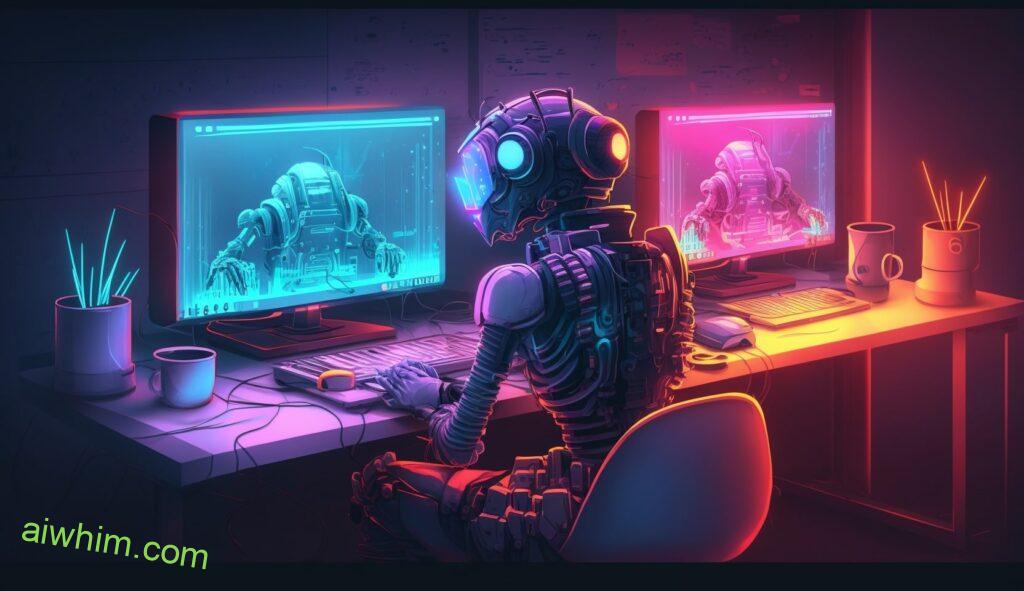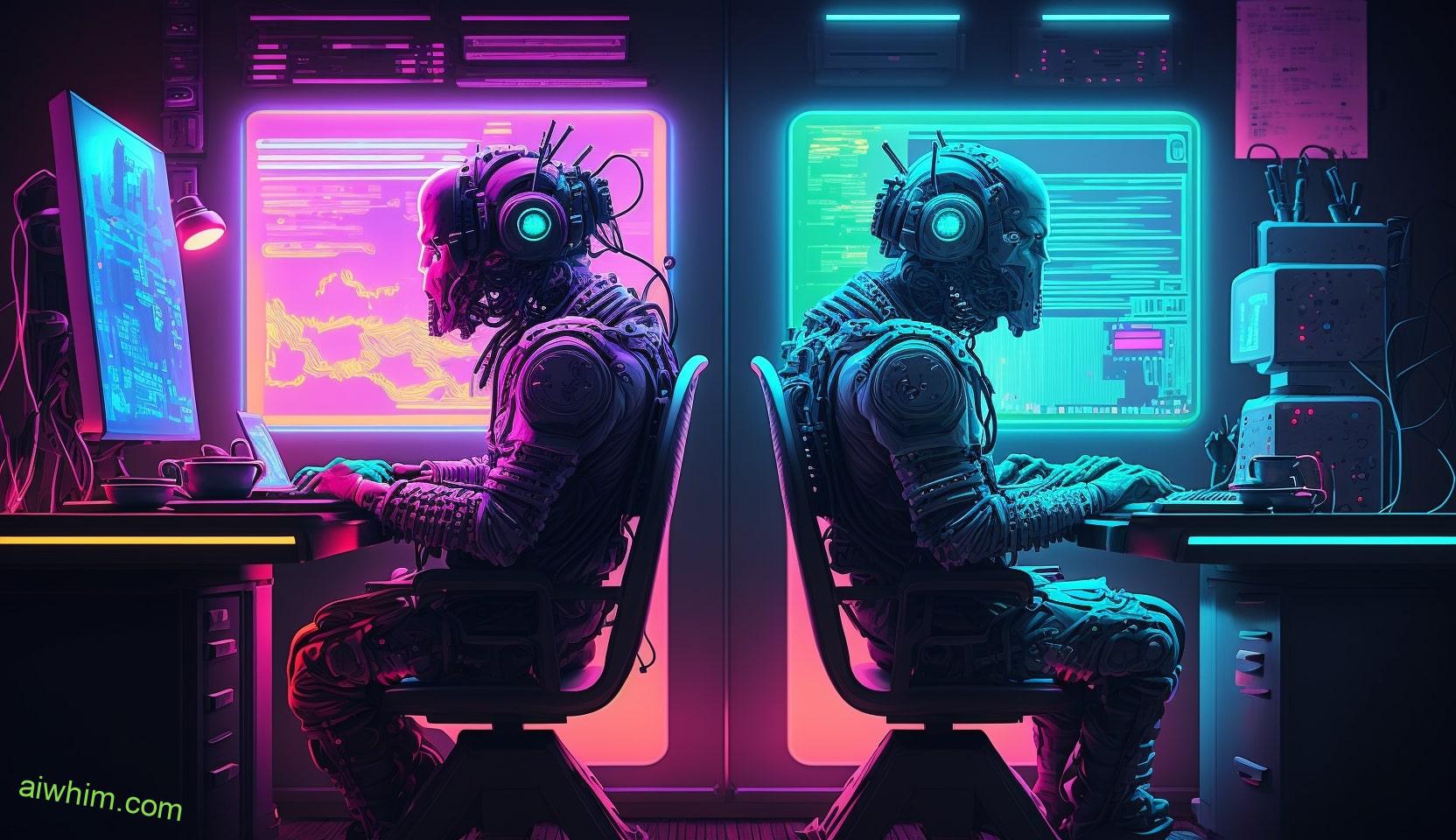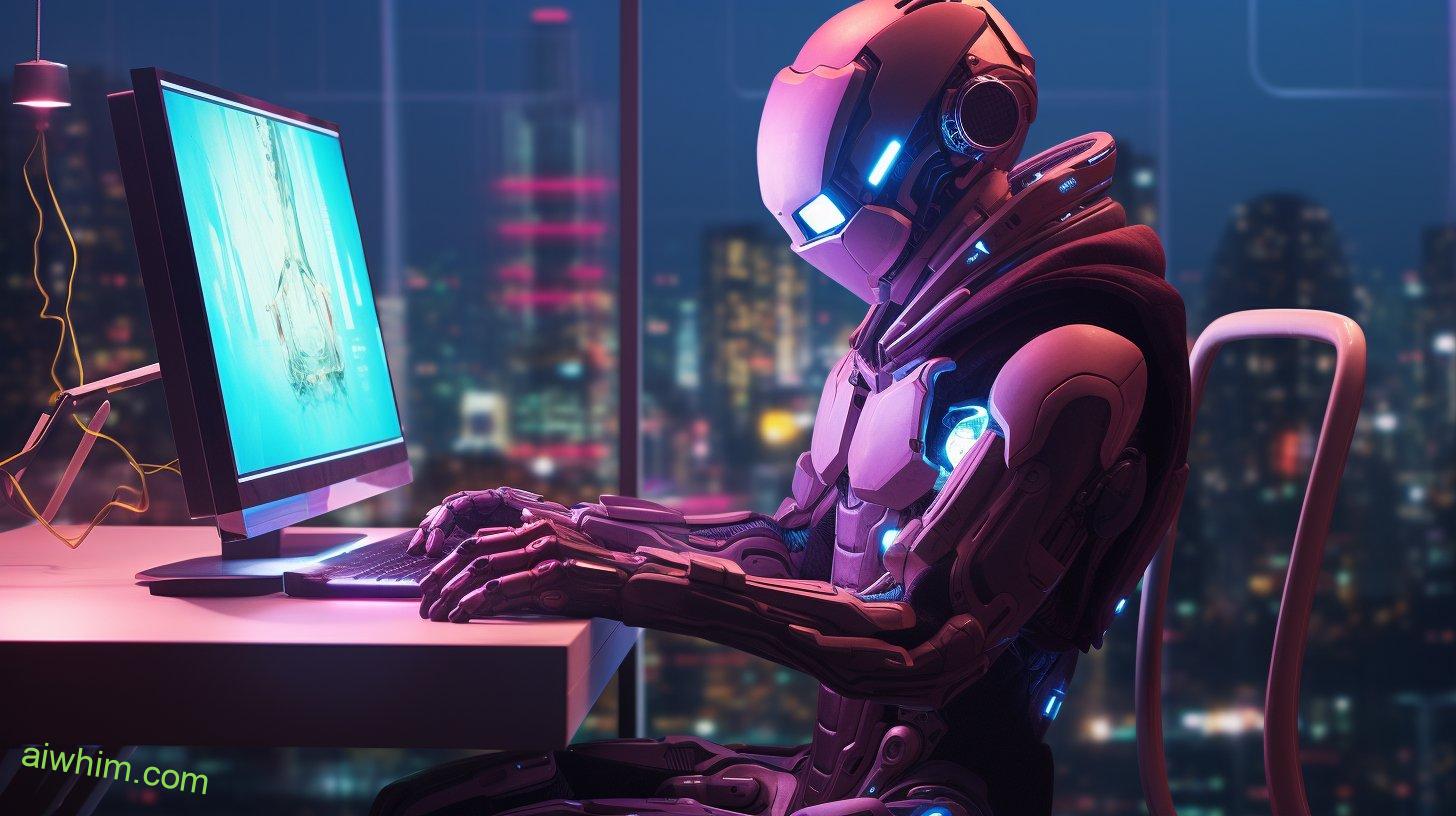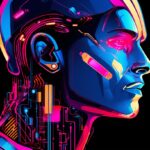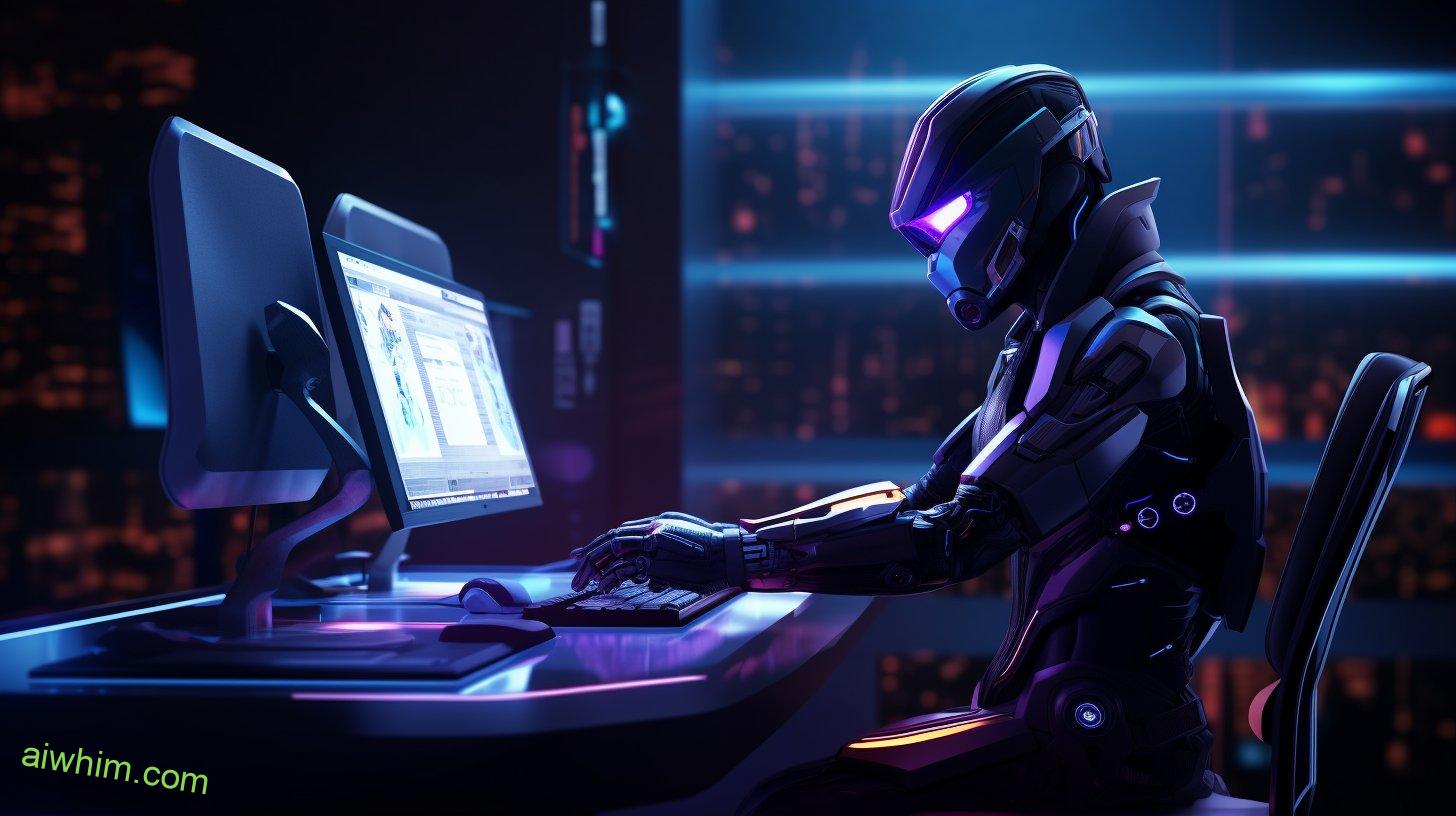Are you a video editor or film editor who’s worried about the future? Are you concerned that Artificial Intelligence (AI) will replace your job? Well, you’re not alone. As technology advances, many people are asking themselves: “Will AI take away my job and leave me without an income?” It’s a legitimate concern.
In this article, we’ll discuss whether or not AI could replace your role as a video editor, or film editor. We’ll look at how machine learning is being used in the industry, and what opportunities there may be for those of us affected by automation. Finally, we’ll explore ways to protect yourself against potential displacement from automated technologies.
The idea of machines taking over jobs can seem daunting but it doesn’t have to be. With smart planning and an understanding of changing trends, you can make sure that no matter what happens with technological advancements, you’re still able to do what you love – editing videos – while having freedom and financial security. So let’s get started!
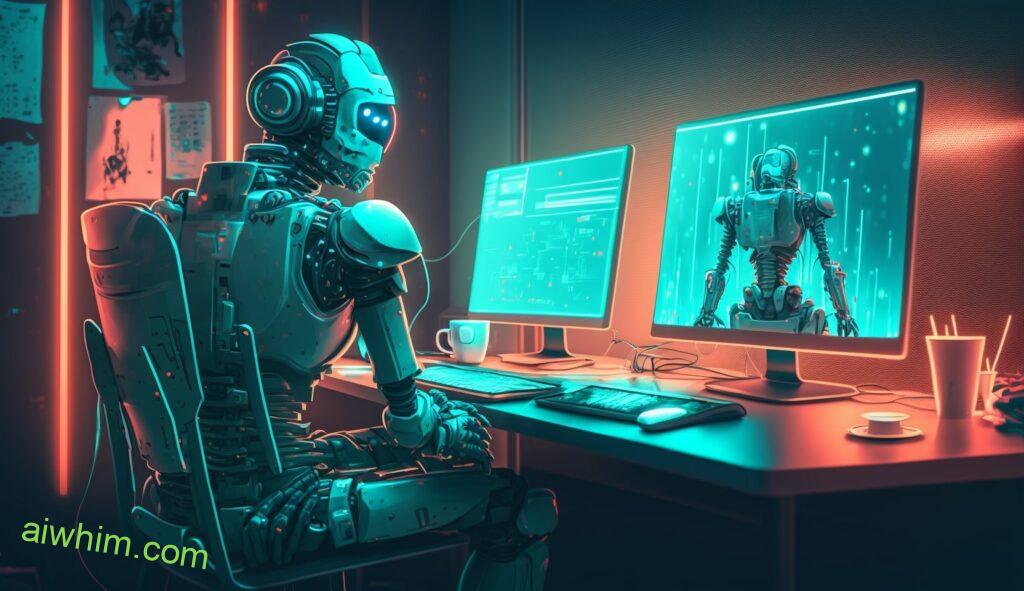
Definition Of Artificial Intelligence (AI)
We live in a world of rapidly changing technology. AI is one such development that has emerged to revolutionize the way we work, play and interact with the world around us. Artificial Intelligence (AI) is an umbrella term for computer-based systems that can perform tasks or actions typically requiring human intelligence – such as recognizing objects, making decisions, and processing natural language. This revolutionary form of computation utilizes machine learning, deep learning, and cognitive computing to simulate human behavior while carrying out complex operations at higher speeds than ever before.
The potential applications of AI are vast – from self-driving cars to medical diagnosis, automated customer service agents to facial recognition software; it’s no surprise that businesses across industries are eager to adopt this innovative technology. With its ability to increase efficiency by automating mundane tasks, many have speculated if AI could ultimately replace humans in certain roles altogether. That brings us to our current topic: will AI replace your job as a video editor, or film-editor?
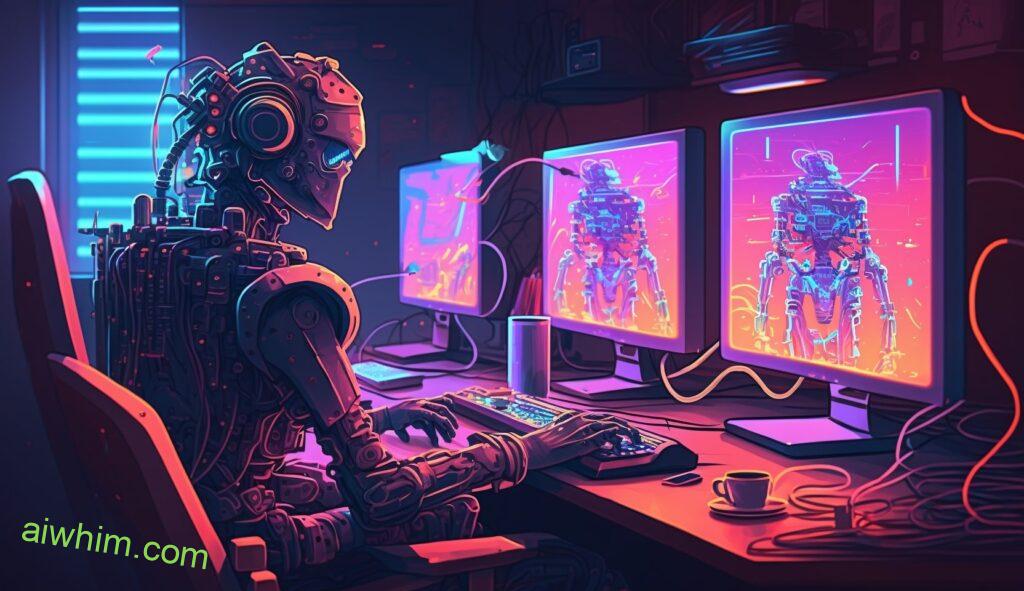
Additionally, this article offers an in-depth analysis of how AI is impacting photography. (Click here to read.)
What Video-Editing Or Film-Editing Involves
Now that we’ve established what Artificial Intelligence (AI) is, let’s look at the process of video-editing, which is a similar process to film editing. Video-editing involves a variety of techniques and software applications to create the final product. It requires an understanding of various video-editing processes such as cutting, splicing, layering, audio-video synchronization, color correction, etc., in order to produce a high quality output.
The first step in any video-editing project is to gather all necessary footage which could be from cameras or other sources like stock videos. After gathering the required footage, it needs to be edited according to the desired outcome. This includes selecting certain portions of the raw footage and adapting them into a sequence that can form a cohesive story or message. To do this effectively, one must have knowledge about different editing tools and techniques available for creating unique effects with audio and visuals.
Furthermore, several software programs exist today that enable users to edit their videos without having expertise in professional level video-editing techniques. These tools are great for basic tasks like adding transitions between scenes or applying filters on particular clips but lack features needed for more complex edits such as precise control over frame rates or color-correction techniques. Nevertheless, these tools still provide excellent options for those who don’t possess advanced knowledge regarding professional video-editing methods.
At present, AI technology isn’t yet able to completely replace human editors but has already started aiding them by performing tedious tasks such as identifying faces in videos quickly or detecting objects within frames accurately. Whether or not AI will eventually become capable enough to take over most of the jobs remains uncertain; however it definitely holds potential when it comes to automating certain aspects of video production efficiently and cost effectively.
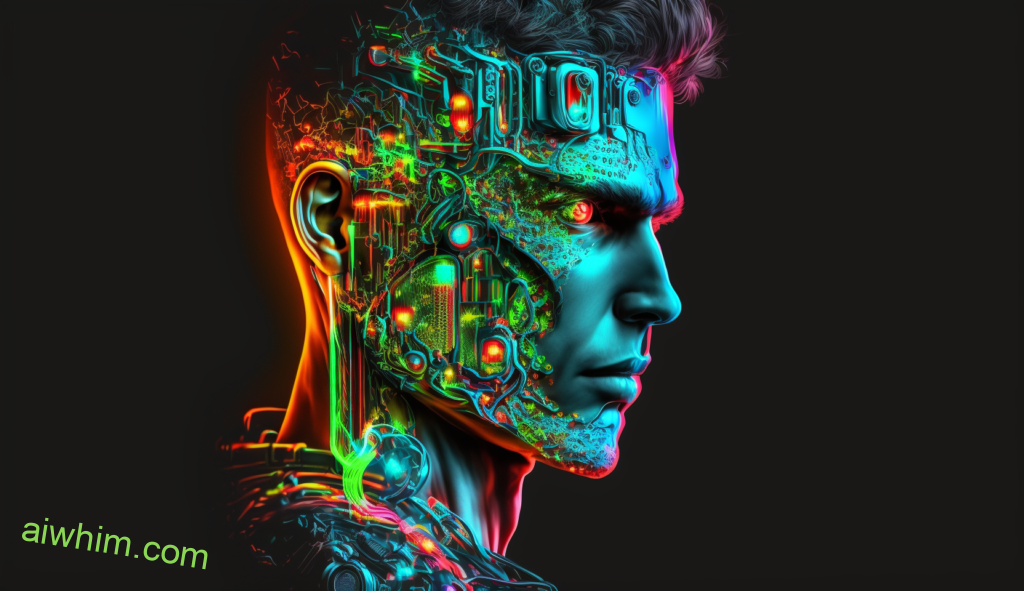
Also, don’t miss this article that examines how AI is reshaping the field of animation and special-effects. (Click to read.)
Advantages Of AI In Video-Editing And Film-Editing
AI is becoming increasingly popular in the video-editing and film-editing industry. Its accuracy and automation capabilities are revolutionizing how videos can be produced efficiently at a fraction of the cost compared to manual editing. AI applications make it possible for editors to create high quality videos with minimal effort, allowing them to spend more time focusing on creative aspects of production.
The introduction of AI into video-editing has also made it easier for companies to scale their operations without significantly increasing overhead costs. By automating certain processes such as workflows and modifications, AI offers efficient solutions that have proven to save both time and money for businesses. In addition, its advanced analytics features help managers better understand the needs of their customers, enabling them to tailor products that meet those requirements quickly and accurately.
Overall, AI provides numerous advantages when it comes to video-editing: from faster turnaround times to increased accuracy and efficiency while reducing overall cost. It’s clear why so many professionals are turning towards this technology as an effective way of producing higher quality content with fewer resources – something we all want!
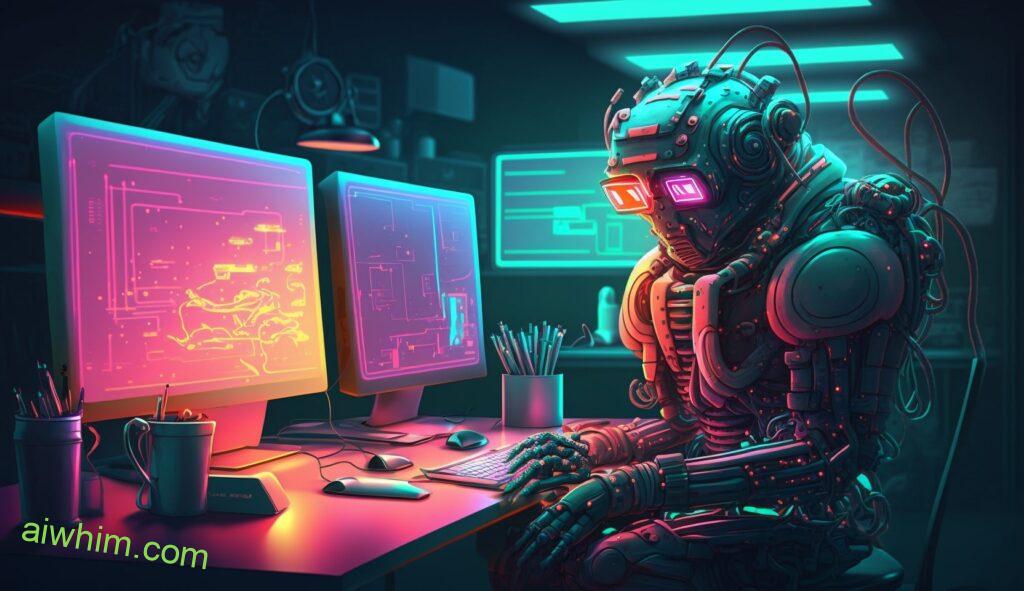
In addition, this article sheds light on the influence of AI on video game design careers. (Click to read.)
Possible Impact On The Video-Editing Profession
As the old saying goes, “change is inevitable” and this rings true for the video-editing profession in light of advances in AI technology. While AI offers many advantages to video editing, it also raises questions about its impact on the future of the industry and job security. Automation trends are particularly concerning as they may lead to a decrease in career opportunities within video-editing roles.
The use of AI can reduce time spent on mundane tasks such as color correction or audio mixing that usually take up a large portion of an editor’s day. This means more creative freedom for editors who can then focus their attention on higher value work. However, with automation enabling faster production cycles, companies may opt to outsource projects overseas instead of hiring local talent due to cost savings. Furthermore, AI tools like Adobe Sensei allow non-experts to complete jobs typically done by professionals which could eventually render some positions obsolete.
These potential changes are understandably worrying but there is still hope for those employed in the video-editing field. As long as one keeps abreast with new technologies and continuously invests in skills development, career prospects will remain robust despite increased competition from automated processes. Additionally, while certain low level tasks may be replaced by machines over time, humans will always be essential when it comes to activities requiring creativity and problem solving abilities – qualities that cannot yet be replicated through automation software.
In short, although AI presents challenges for traditional methods of producing videos including job security risks associated with automation trends, these concerns do not outweigh potential benefits such as improved efficiency and greater creative freedom for skilled professionals if they stay informed about advancements in technology and invest in skill sets accordingly
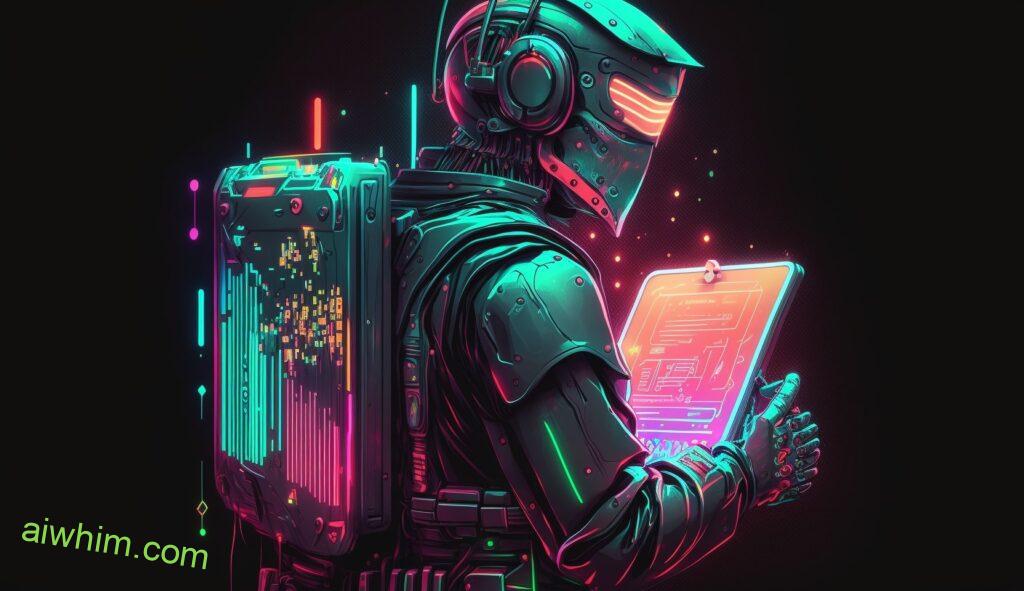
Skills Needed To Succeed As A Video Editor
Video editing requires a combination of technical proficiency and creative problem-solving skills. It also demands an understanding of storytelling techniques in order to create engaging content. Here are four key elements needed to succeed as a video editor:
- Familiarity with Video-Editing Software: Knowing how to use the various tools available within video-editing software is essential for any video editor. Being able to navigate the software’s interface quickly and efficiently saves time when working on projects, allowing you to focus more on creativity instead of troubleshooting technical issues.
- Creative Problem Solving: As a video editor, you must be able to think outside the box in order to come up with creative solutions for challenging problems. Understanding what kind of story needs to be told, then finding ways to bring that vision alive through visuals is an important skill set required by editors.
- Storytelling Techniques: Every project presents unique challenges that require different approaches. To effectively tell stories using images and sound, it’s important for the editor to have a deep understanding of how best to convey emotion or ideas without relying solely on dialogue from actors or narration from voiceover artists.
- Technical Proficiency: While being creative is necessary for success as a video editor, having technical knowledge about nonlinear editing systems such as Adobe Premiere Pro or Final Cut Pro X is just as crucial in order for edits to run smoothly without errors. Additionally, knowing how audio effects can impact scenes is another way editors enhance their craftsmanship in post production workflows.
In summary, succeeding as a video editor means having a mastery over both creative methods and technical processes while utilizing sophisticated editing software applications—a challenge only certain individuals can rise up against!
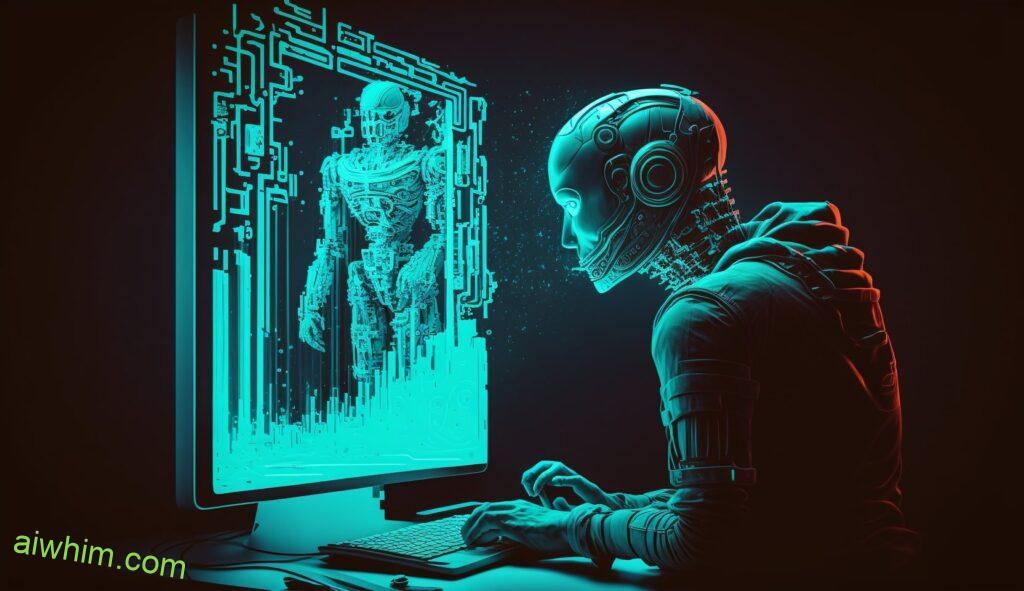
Risks And Challenges Faced By AI In Video-Editing
While video-editing is no longer the exclusive domain of human professionals, AI technology has still not fully replaced them. As a result, there are several potential risks and challenges associated with relying on artificial intelligence (AI) for video-editing tasks.
The primary risk posed by using AI in video-editing is accuracy. It can be difficult for an AI system to successfully identify objects or people in videos accurately enough to make meaningful edits without errors that could affect the overall quality of the work product. This means that it may take more time than expected to get desired results from AI video editing software. Additionally, as new technologies continue to emerge and improve, it can become increasingly challenging for existing systems to keep up with changing standards and expectations.
Another key challenge faced by those utilizing AI for video-editing is reliability. Although AI algorithms have been developed to help reduce manual labor costs, they often require frequent updates and maintenance which can lead to problems such as overloading servers or causing other technical issues when attempting complex edits. Moreover, due to their reliance on vast amounts of data inputs, AI systems may also suffer from unpredictable crashes or sudden power outages that could cause significant delays in production processes if not addressed quickly. Finally, depending on the nature of the project being edited, security questions must be considered before using any type of automated tool – whether this involves protecting sensitive information or ensuring proper attribution rights are maintained throughout the process.
In summary then, while automated tools certainly provide valuable assistance in today’s digital media landscape, many risks and challenges remain when incorporating AI into video-editing projects – including concerns about accuracy and reliability as well as security considerations around data privacy and intellectual property rights. Careful evaluation should thus be undertaken prior to selecting an appropriate solution so that these issues can be handled efficiently while maintaining quality outcomes at all times.
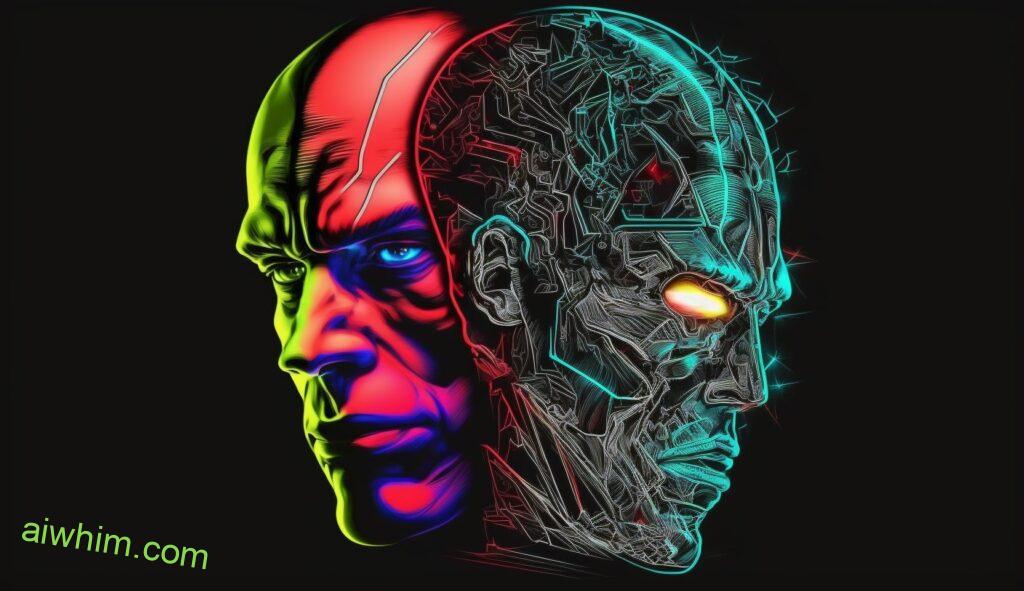
Comparison Of Human And AI Regarding Accuracy And Efficiency
The debate of whether AI will replace human video editors has been ongoing for years. To answer this question, let’s take a look at the comparison between humans and AI in terms of accuracy and efficiency:
- Humans have the advantage when it comes to creativity, as they can think outside the box and come up with ideas that an AI might not consider.
- Humans are able to pick up on subtle nuances better than AI, which results in more accurate editing decisions.
- On the other hand, AI is much more efficient than humans in completing tasks like sorting through footage quickly.
AI technology continues to improve rapidly day by day but is still far from replicating what a skilled human video editor can do. While there have been some impressive advances made over recent years, only time will tell if these advancements will be enough to one day surpass what humans are capable of doing when it comes to editing videos accurately and efficiently. Human-AI comparison shows us that while both excel in different areas related to accuracy and efficiency, neither has yet managed to outdo the other completely.
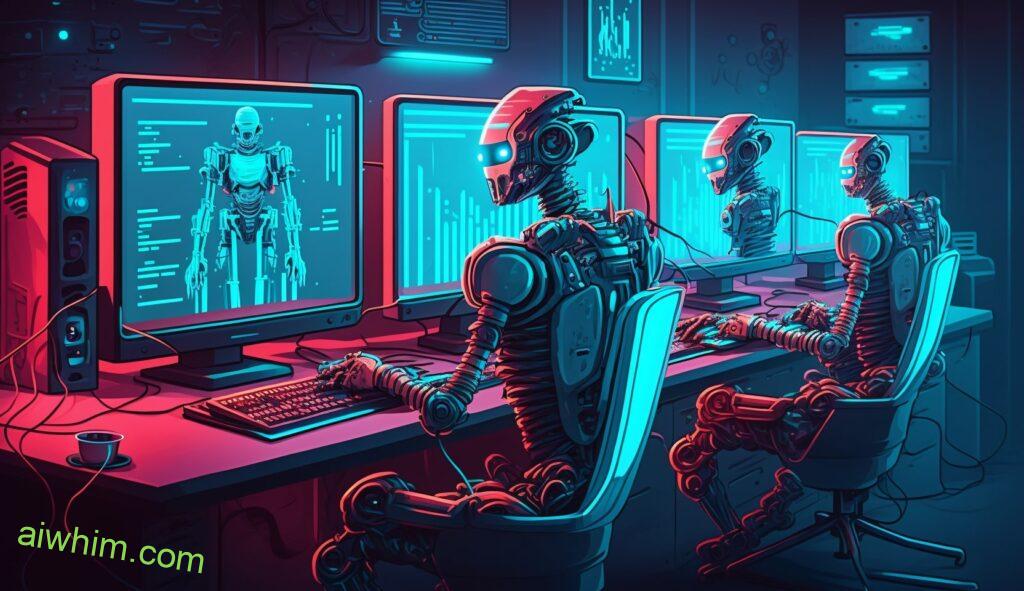
Existing Applications Of AI In Media Production
The possibilities offered by AI-driven media are tantalizing. It’s like a new dawn in the world of media production, with automated editing and other innovative technologies providing unprecedented opportunities to create stunning visuals and cinematic experiences. From automatically colour correcting videos to creating intelligent assistant editors that can detect errors, AI has already begun revolutionizing the way we make movies and TV shows.
In recent years, there have been some remarkable success stories of AI-powered editing being used for major productions. For instance, Netflix’s ‘Stranger Things’ relied on an AI-based system for color correction which allowed them to produce consistent colors across multiple episodes without spending too much time manually adjusting each frame. Similarly, Warner Bros. recently announced a partnership with IBM Watson in order to automate editing processes such as facial recognition, object detection and audio analysis – allowing them to save both time and money when producing films or television series.
AI is also beginning to be used in more creative ways within media production; from generating music tracks using machine learning algorithms to script writing bots that help writers come up with ideas for their next blockbuster movie. As these technologies become more advanced over time, they could potentially enable us to create entire projects autonomously – freeing up filmmakers and producers alike to focus on storytelling rather than technical details.
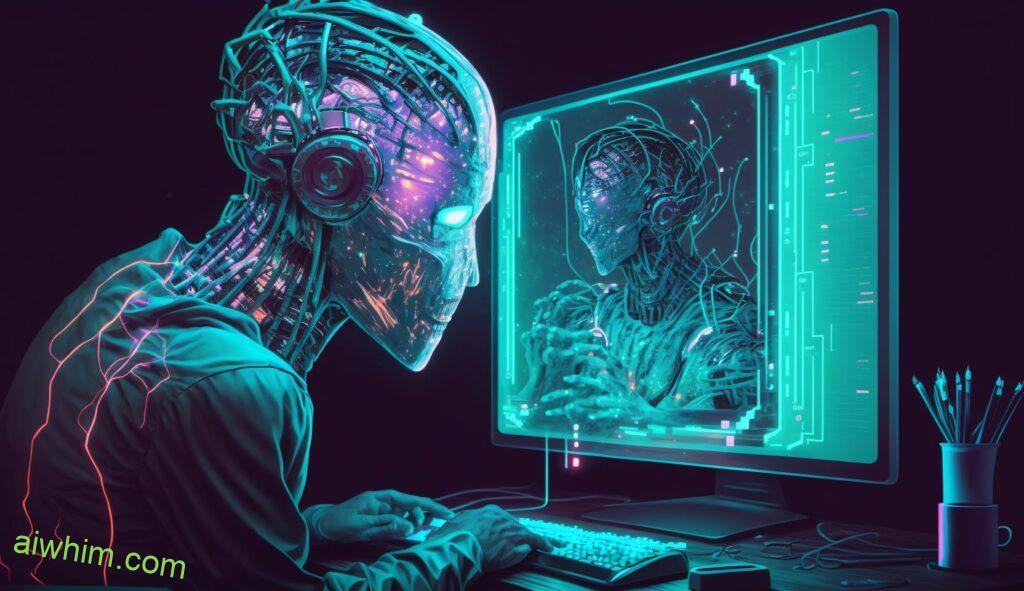
Potential Uses For AI In The Future
AI-based video editing is becoming increasingly popular in both professional and amateur media production. By automating repetitive tasks, AI can help streamline the video editing process as well as reduce time spent on complex post-production processes. With AI’s ability to recognize patterns, objects and motion within a frame, it has enabled users to create stunning visuals without having to manually adjust each parameter of a shot or scene. Additionally, with the development of more sophisticated algorithms, AI has been able to take over certain tedious tasks such as color correction and sound mixing that used to require significant manual effort.
The potential applications of AI for media production do not stop at automated video editing; there are numerous other areas where AI could be utilized in order to further improve efficiency and accuracy. For instance, by utilizing facial recognition technology combined with natural language processing (NLP), content creators will be able to quickly identify key elements from large datasets of footage and audio files in order to better organize their project materials. This kind of data analysis would allow them to focus on creating high quality productions faster than ever before.
In addition, AI-assisted production tools like Adobe’s Sensei have already started making their mark in the film industry by assisting editors in automatically adjusting the timing of scenes and transitions between shots through machine learning capabilities. The possibilities for this type of tech are endless – imagine being able to simply tell an editor what you want your final product to look like while they use artificial intelligence driven editing techniques behind the scenes? Through continued advancements in automation technologies, we may soon find ourselves living in a world where filmmakers no longer need human intervention when crafting their vision into reality!
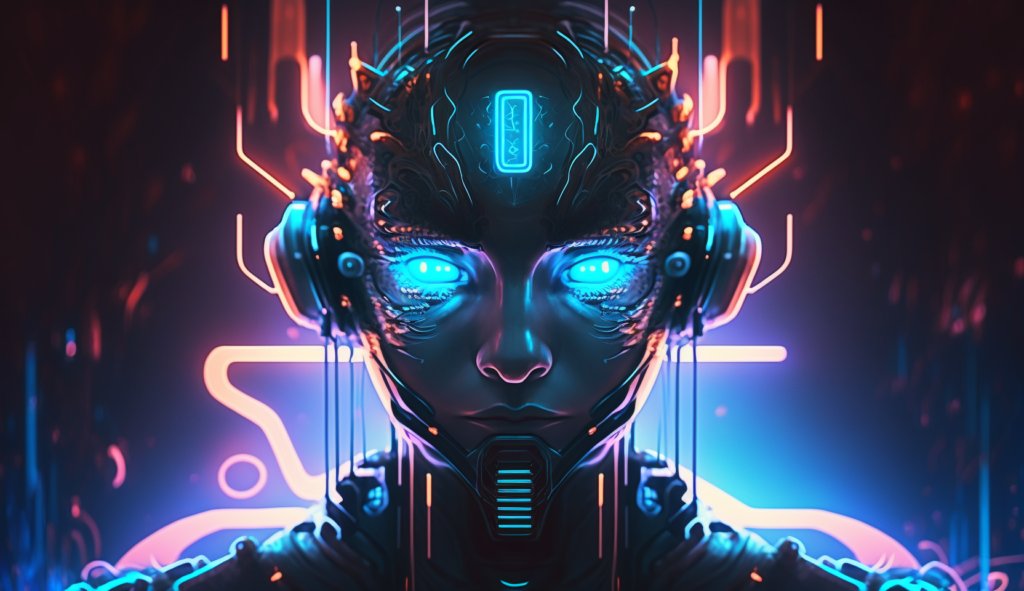
Ethical Considerations With AI Taking Over Jobs
The future of AI is a double-edged sword. On one hand, it can revolutionize the way we work and live; on the other hand, there are ethical implications that need to be addressed when considering labor automation. To use an analogy: AI is like a car—it has immense power, but you have to make sure it’s used responsibly.
With regard to job displacement, it’s clear that AI will replace certain roles in the workforce as its capabilities expand. For example, video editors may find their jobs being taken over by intelligent algorithms that can do the same tasks more quickly and accurately than any human could ever hope to achieve. While this might free up workers for more creative or meaningful pursuits, it also raises moral considerations about those who cannot adapt to new technology and become unemployed as a result.
But economic impacts go beyond just job displacement. In addition to those out of work, existing employees may see their wages stagnate if they don’t invest in learning new skills or get left behind due to lack of access to training opportunities or resources. This highlights a further ethical concern with using AI: how do we ensure everyone benefits from technological advances?
As AI becomes increasingly ubiquitous in our lives and workplaces, governments must consider these questions carefully while ensuring businesses adopt responsible practices when deploying automated solutions. It’s only through careful consideration of all potential outcomes – both positive and negative – that society can benefit from advancing technologies without leaving anyone behind.
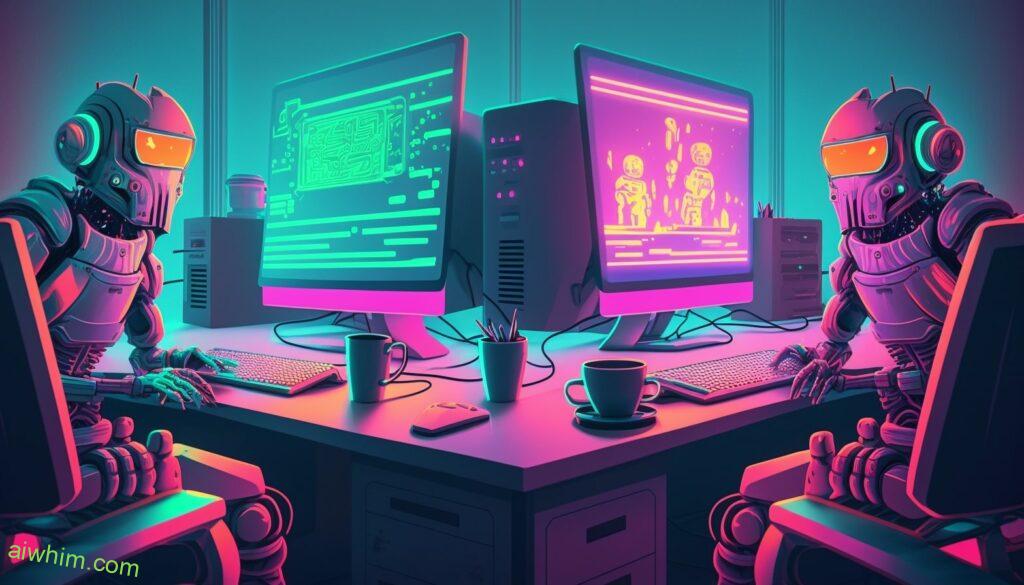
Financial Implications Of Using AI For Video Editing
The financial implications of using AI for video editing are far-reaching. The cost of automation pricing is a major factor to consider when deciding whether or not to use AI for video editing projects. Automation technology can be costly, but it could potentially save money in the long run by reducing human labor costs and increasing efficiency.
In addition to the cost savings associated with automating video editing tasks, there may also be an impact on the job market. As more companies turn to AI for their video editing needs, fewer people will be needed in traditional positions as editors. This could lead to unemployment, wage stagnation, and other negative consequences in the job market overall.
However, there is hope that this shift towards automated solutions won’t completely displace workers from their jobs. Companies may still need some human involvement in order to ensure quality assurance and creative decision making. Furthermore, new opportunities may arise due to increased demand for professionals who specialize in developing and managing AI systems used for video editing tasks. Ultimately, only time will tell how much of an effect AI has on the job market related to video editing work.
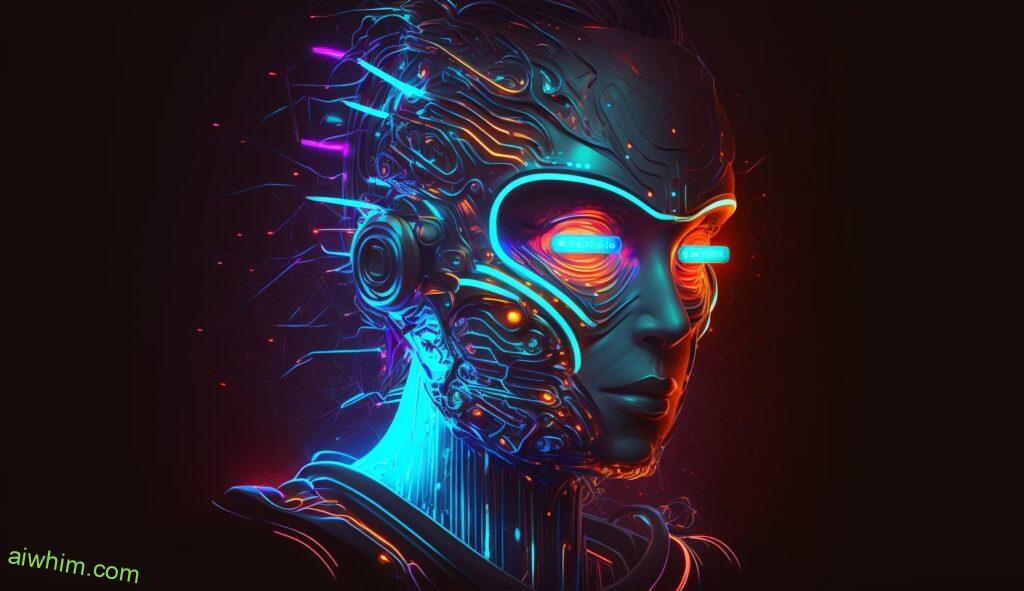
The Effect Of Automation On Job Opportunities
The future of automation looms large in the labor market, like a dark cloud on the horizon. Automation technology is poised to disrupt job opportunities and security, leaving workers uncertain about what comes next. But with each challenge come opportunity:
- Automation can create new roles for humans in the workplace;
- It can open doors to higher wages and more specialized work;
- And it could lead to better working conditions by reducing physical strain and repetitive tasks.
As technology advances at breakneck speed, so too does its potential to transform our world and how we do business. In order for us to stay ahead of this disruption, it’s important that we take steps now to understand automation’s effects on job opportunities — both positive and negative. We must also recognize the importance of preparing ourselves and others for these changes through education and training programs designed specifically around emerging technologies such as AI and robotics. Doing so will help ensure that those affected by automation have access to secure employment options while allowing them to gain valuable skills essential in today’s ever-changing economy.
From understanding its implications on job security to creating pathways towards meaningful careers, there are many ways individuals can embrace change brought about by automation instead of fearing it – if given the right tools and resources necessary for success. With the proper guidance, we can all benefit from increased efficiency and productivity enabled by advances in artificial intelligence without sacrificing job stability or quality of life along the way.
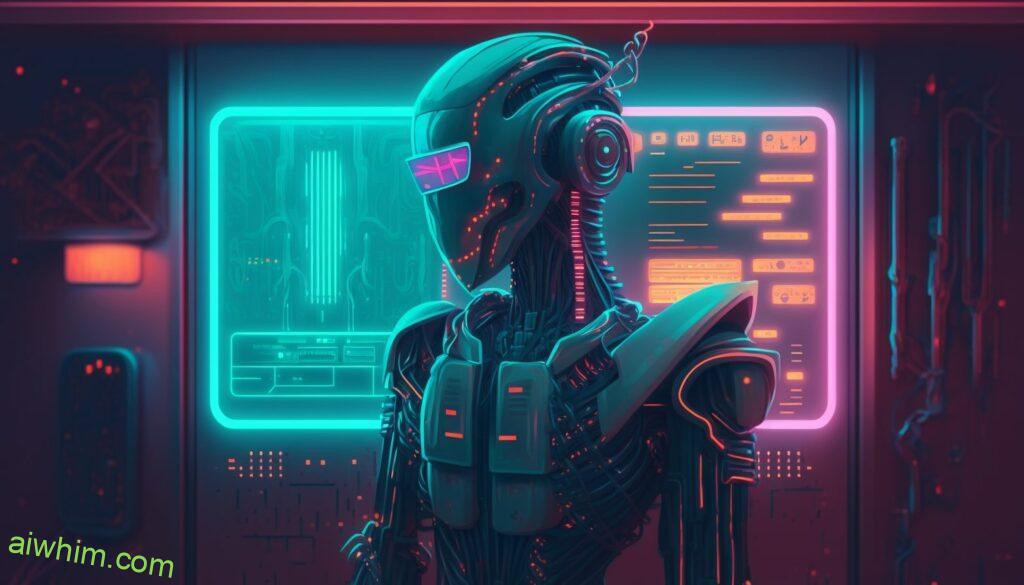
Government Regulations Regarding The Use Of AI Technologies
As the potential of AI technologies to replace human labor increases, government regulations regarding the use of these powerful tools become increasingly important. Automation laws and policies are necessary in order to ensure fair and safe usage of technology across all industries. Without proper oversight, businesses could be allowed to automate tasks without considering the impact on workers or society as a whole.
The primary goal for any automation policy should be to protect workers from being displaced due to technological advancements. Regulations can help prevent employers from relying too much on automated processes while still allowing them access to beneficial new technologies. For example, governments might require companies to provide job training opportunities when introducing new automation systems into their workplaces. This would give employees the chance to upgrade their skills so they can compete with robots for jobs that remain available after automation is implemented.
At the same time, governments must recognize that some degree of automation is essential if we want our societies and economies to progress. By creating clear rules around how and when businesses may deploy AI technologies, governments can enable innovation while ensuring an equitable distribution of its rewards. Ultimately, this approach will foster economic growth while protecting citizens’ rights by ensuring everyone has access to meaningful work opportunities regardless of whether machines play a role in it or not.

Staying Relevant As A Video Editor In An Automated World
As automation and artificial intelligence become more ubiquitous in the video-editing industry, it’s important for editors to assess their skillset and understand how best to stay relevant. To ensure job security and remain competitive in an AI-led world, developing future skills is key.
Video editing strategies are evolving as machine learning technology continues to develop. This means that established editing techniques must be adapted to keep up with changing expectations from employers and clients alike. It’s essential to learn new software or other specialized tools used by industry professionals. Staying updated on the latest trends within the field can also help you stand out from your competition.
It’s no secret that AI will have a significant impact on every aspect of our lives, including our jobs. However, there are still opportunities for creative video editors who focus on producing unique content that stands out from automated output. Additionally, if you possess strong interpersonal communication skills and work collaboratively with others, these qualities could give you an advantage over those relying solely on machines for production tasks.
The most successful video editors today are well-versed in both traditional production methods and emerging technologies. They embrace innovation while being mindful of staying true to core principles of storytelling and creativity – two areas where AI still has some catching up to do! As long as video-editors continue adapting their approach accordingly and invest time into gaining additional knowledge and experience, they can maintain their relevance in this ever-changing landscape.
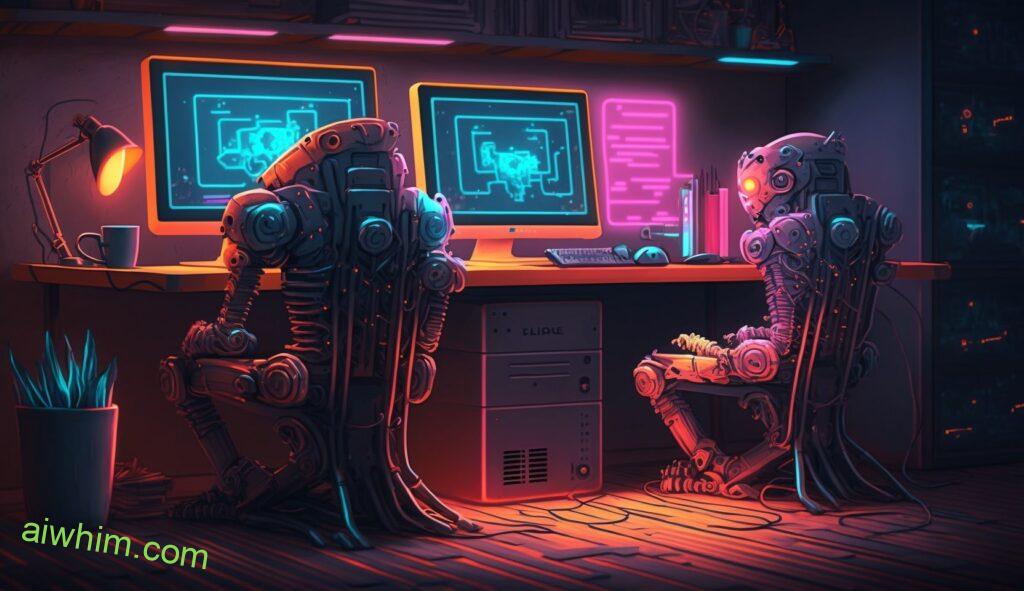
Preparing For The Future: Developing New Skills
As the automation of jobs through AI-video editing technology increases, video editors must recognize the importance of preparing for the future. Developing new skills and transitioning to other roles may be necessary in order to stay competitive and relevant in an increasingly automated world.
The first step is to assess which aspects of one’s job are most likely to be replaced by AI-video editing systems so that specific skills training can begin. It’s also important to consider a career transition if there will be no longer any need for your current role or if you’re not interested in developing new skills related to video editing. Looking into industries where AI won’t have as much impact is always an option.
Finally, those who wish to remain employed as video editors should look into opportunities such as taking education courses, attending conferences, networking with peers, and reading industry publications regularly. Doing so can help ensure that they keep up with emerging trends and technologies while staying ahead of their competition. Skills development must continue throughout a career – especially when it comes to working with AI-video editing tools – in order for them to remain marketable and employable in this rapidly changing landscape.
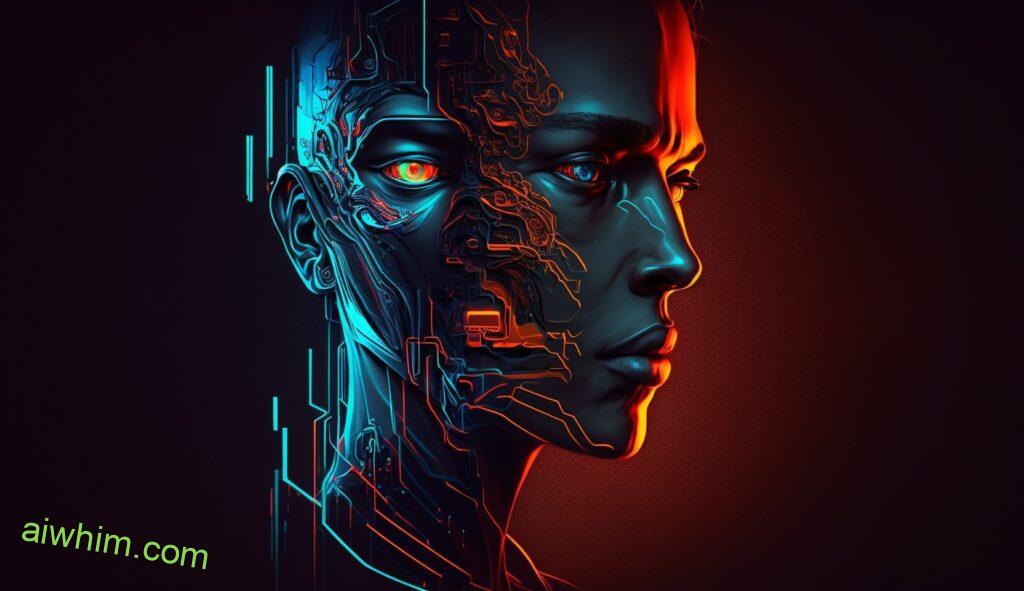
Conclusion
In conclusion, it’s clear that AI is changing the way video-editing and film-editing gets done. While there are many advantages to using AI in video-editing, it also comes with some risks for current and future professionals. To stay relevant as a video editor in an automated world, it’s important to constantly be developing new skills and learning about the latest technologies.
Ultimately, while AI may replace some aspects of traditional video editing workflows, there will always be a need for skilled professionals who can use these tools effectively and creatively. As long as they continue to develop their craft and become proficient with advanced technologies, video editors should have no problem finding success even as automation advances into the industry.
Author: Ole Paulson
Author Bio: I’m Ole and on this website, I share everything there is to know about Artificial Intelligence, and useful tips for using AI to our advantage. I have a background in data science and research and have been following the AI-space for years. You can read more about me in the “About” page.

